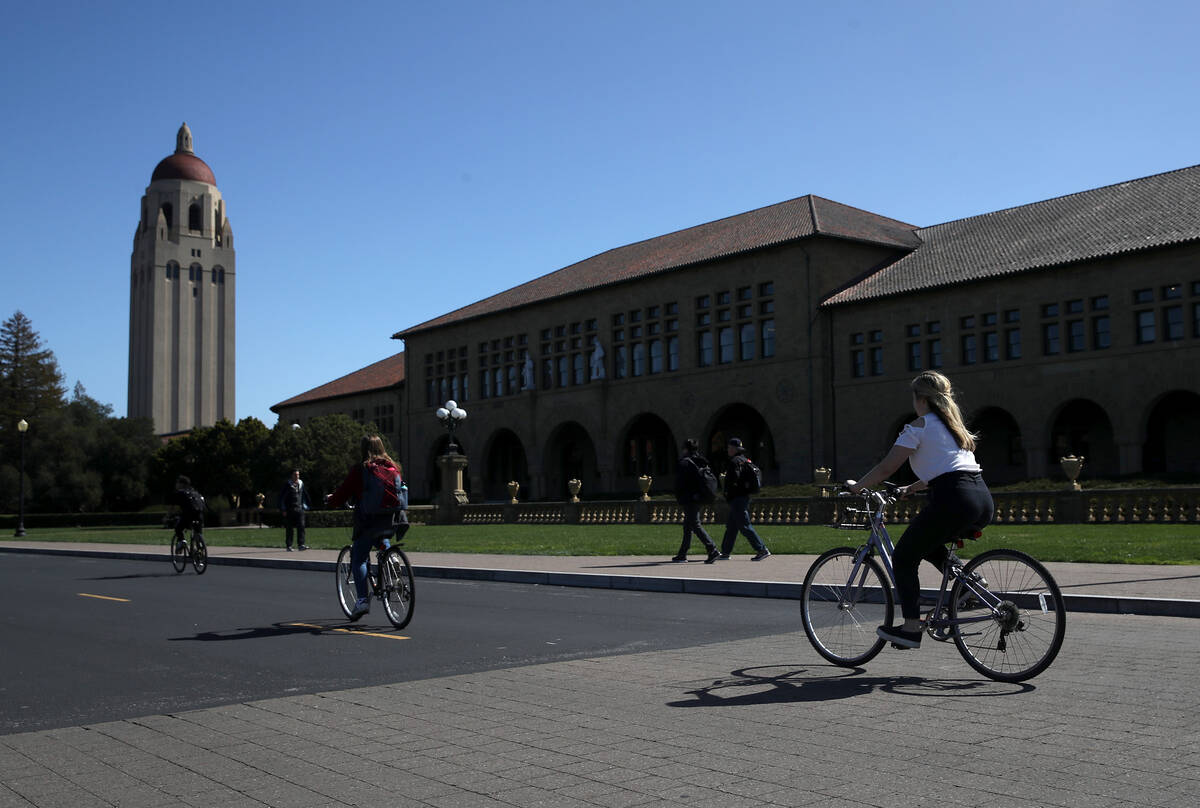EDITORIAL: The anonymous informant state comes to higher ed
During the Cold War, the East German secret police developed a well-earned reputation as being more repressive than the Russian KGB. The Stasi, as the totalitarian police state agency was called, relied heavily on a network of civilian informants who kept tabs on their neighbors in an effort to quash potential enemies of the communist regime.
By some estimates, as many as 1 in every 30 East Germans was a citizen spy, according to the Foundation for Economic Education. The Stasi recruited children to tattle on their parents.
The Stasi fell along with the Berlin Wall, in 1989. “When pro-democracy protesters stormed the secret police precincts in 1989 and 1990,” The New York Times reported, “they found officers at work inside, shredding, pulping and tearing documents by hand.”
Given such historical context, consider a Wall Street Journal report last week on Stanford University. The school has implemented a “Protected Identity Harm System” that encourages members of the student body to anonymously report their peers when they engage in “conduct targeting an individual or group on the basis of characteristics including race or sexual orientation,” the paper reveals.
About half of all colleges have similar systems, a free speech watchdog reports.
Last month, according to the Journal, a Stanford student became entangled in this Kafkaesque apparatus after being reported for reading “Mein Kampf.”
In response, a group of Stanford professors has called for an end to this insidious network. “I was stunned,” a literature professor told the Journal. “It reminds me of McCarthyism.” He cited free speech concerns and the possibility that anonymous complaints could be weaponized against students.
School officials responded with a flaccid excuse for turning students into arms of a woke surveillance state. “The process aims to promote a climate of respect,” a spokeswoman said, “helping build understanding that much speech is protected while also offering resources and support to students who believe they have experienced harm based on a protected identity.”
Stanford also notes that participation in any inquiry stemming from a report is voluntary. Sure it is. Besides, the very existence of such a mechanism is enough to intimidate students into silence in both classroom and social settings.
Not surprisingly, many students are willing accomplices in their own repression, as were so many East Germans. “There are a lot of instances of stereotyping,” a Stanford student government officer told the Journal, “and people should have a resource to report it if they want to.”
George Santayana wrote, “Those who cannot remember the past are condemned to repeat it.” Good luck to the Stanford professors. They’re waging an uphill battle.

















